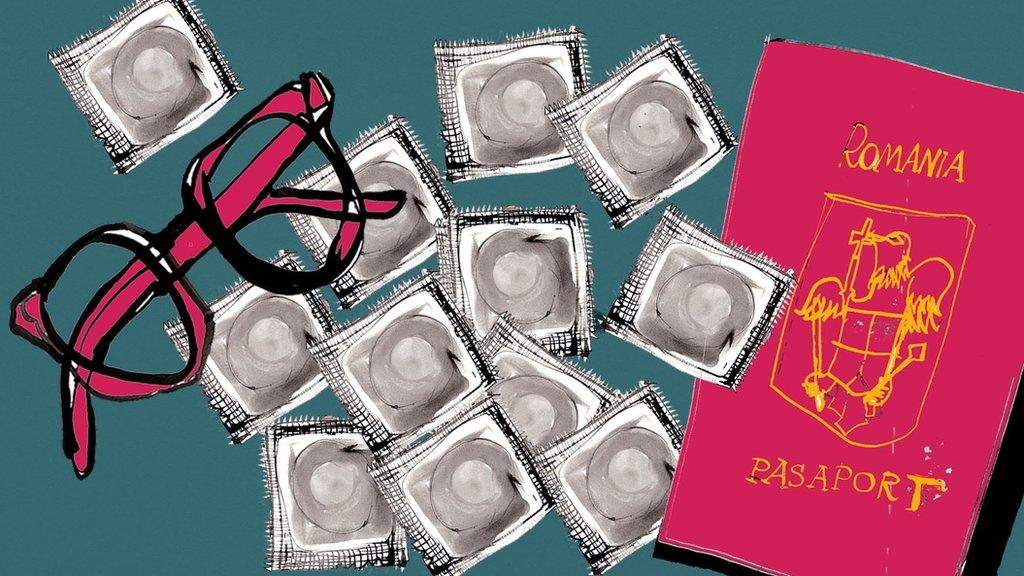Hotels train staff to spot human trafficking
- Published
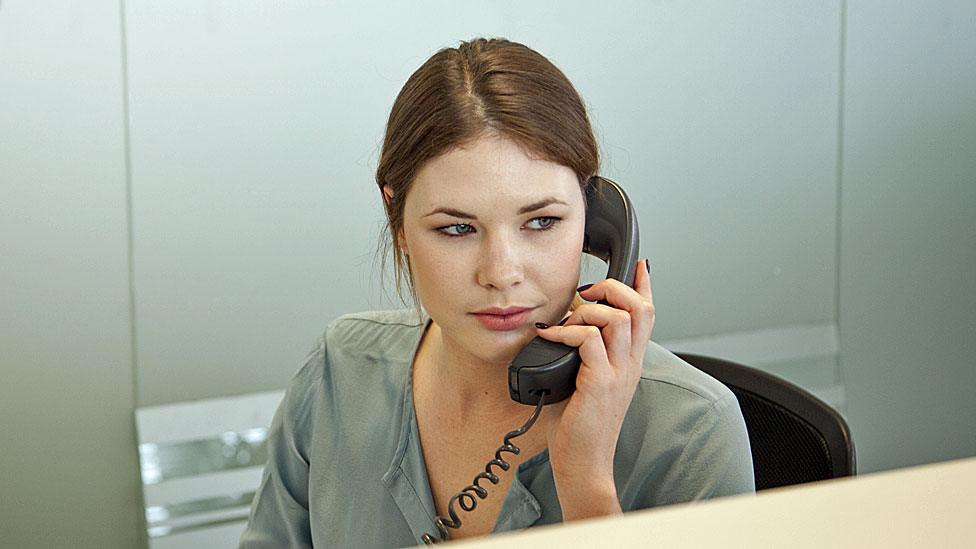
The front line for preventing human trafficking might not be at airports, international borders or in police raids.
It might be at the hotel check-in desk.
An international hotel chain has completed a two-year project to train half a million staff with the aim of spotting potential victims of trafficking.
Marriott's workforce, in almost 7,000 hotels, have completed a process of mandatory training teaching them to look out for warning signs.
"Hotels can unfortunately be unwilling venues for this unconscionable crime," David Rodriguez, the hotel group's chief global human resources officer, said.
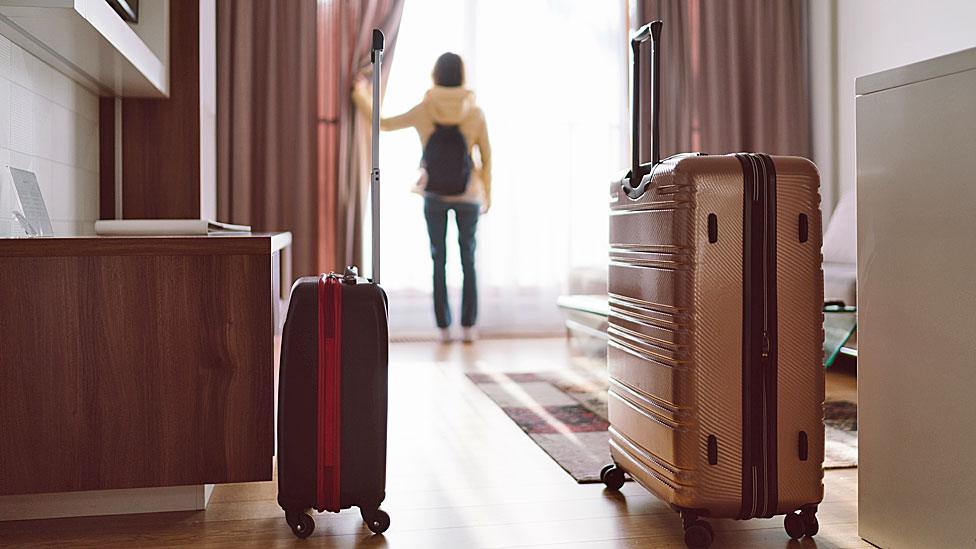
Hotels are used by traffickers and staff have a close-up view of the guests
"There is no easy fix but combating modern-day slavery starts with awareness," Mr Rodriguez said.
"And we now have a significant number of people capable of recognising suspicious behaviour and reporting it to management and, in some cases, law enforcement."
Warning signs
The type of signs might include "guests with minimal luggage and clothing" and "individuals who can't speak freely or seem disoriented".
There might be "guests who insist on little or no housekeeping".
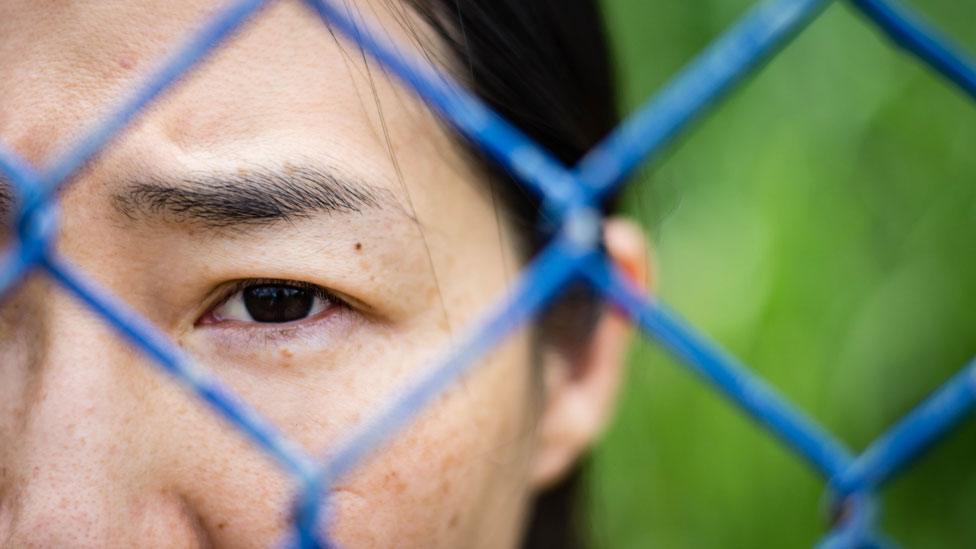
Concerns about trafficking for prostitution might be raised by multiple people being escorted to a room one at a time.
Staff are taught that while none of these individually might be a sign of trafficking, when there is a "combination of indicators", it might be time to raise concerns with hotel managers.
Hotel staff, watching their guests arrive and during their stay, have an unusually close-up view of their behaviour.
"In a hotel, our people wouldn't necessarily see a human trafficker visibly restraining a victim," Mr Rodriguez said.
'Privacy and anonymity'
But he said workers might recognise a "scenario that is much more nuanced and harder to detect if you don't know what to look for".
"That's why helping associates identify the signs of sexual exploitation and forced labour is so important," Mr Rodriguez said.
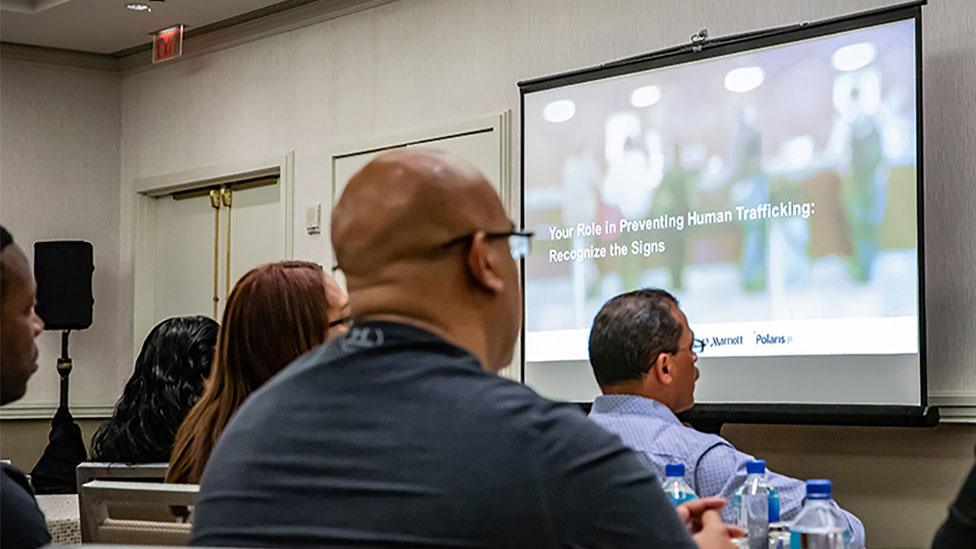
A two-year project has seen training for Marriott's staff around the world
A spokeswoman for Marriott said the training had recently paid off when staff in a central London branch had noticed someone "using the hotel lobby to meet with and groom an under-age girl".
Police were contacted and the perpetrator was subsequently jailed.
The hotel chain's training project has been a collaboration with a US-based campaign, Polaris, which works against modern slavery.
The name Polaris is taken from the Pole Star, used for navigation by slaves escaping northwards in the US in the 19th Century.
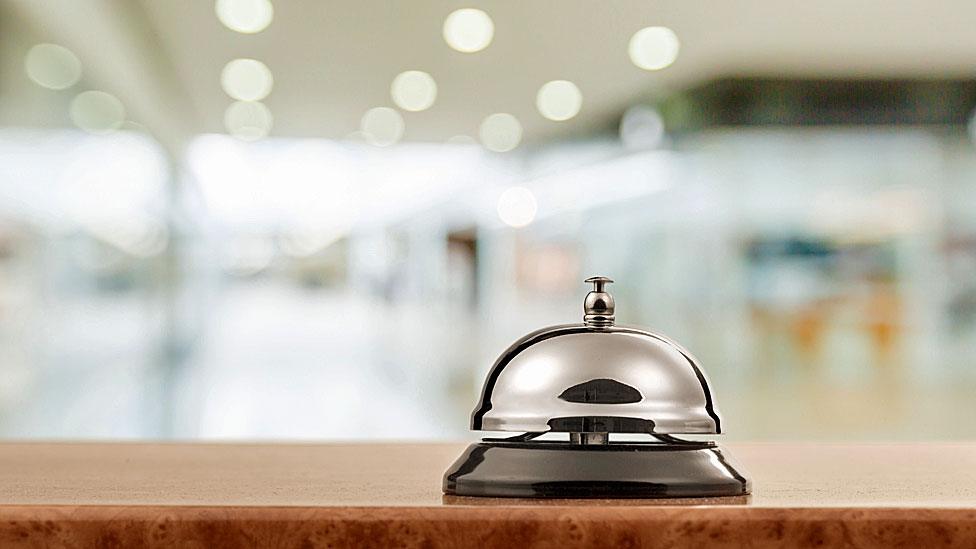
Research by Polaris has highlighted how traffickers move through hotels and motels, either when travelling with their victims or as a base for sexual exploitation and prostitution.
It says it's a "popular misconception" to think this happens in seedy motels only - when it's as likely to be seen in mainstream hotel chains.
The US Department of Homeland Security has highlighted how hotels are particularly vulnerable to being misused by traffickers - offering both "privacy and anonymity".
Tech to identify hotels
The Polaris charity has its own list of potential signs of trafficking, such as:
everything being paid in cash
guests who seem to be monitoring or controlling someone or denying them access to phones
people who are dressed in a way that doesn't fit with the weather or who don't seem to know their whereabouts
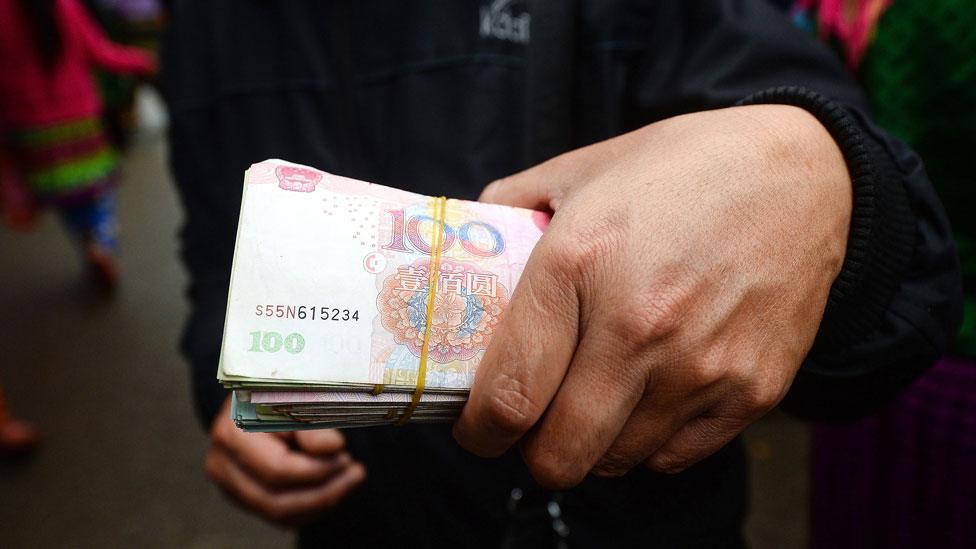
Another hotel company, the Wyndham group, has worked with Polaris in the US to provide temporary emergency accommodation for people who have been rescued from traffickers.
There have also been attempts to make it harder for traffickers to evade detection.
Last month, researchers from George Washington University published a paper showing how artificial intelligence could be used to identify hotels in the US being used for trafficking.
Traffickers involved in prostitution might take photographs of their victims for online adverts. And researchers have developed software to identify the hotel rooms in which the pictures were taken, matched against a database of more than a million images from hotels.
There are also legal pressures on hotels to take this seriously.
California, a US state that has had a particularly high number of modern slavery cases reported, has introduced legislation this year requiring hotels to give their staff "awareness" training about human trafficking.
The battle against trafficking has moved into the front desks and lobbies of hotels.

More from Global education
The editor of Global education is Sean Coughlan (sean.coughlan@bbc.co.uk).
- Published8 March 2018
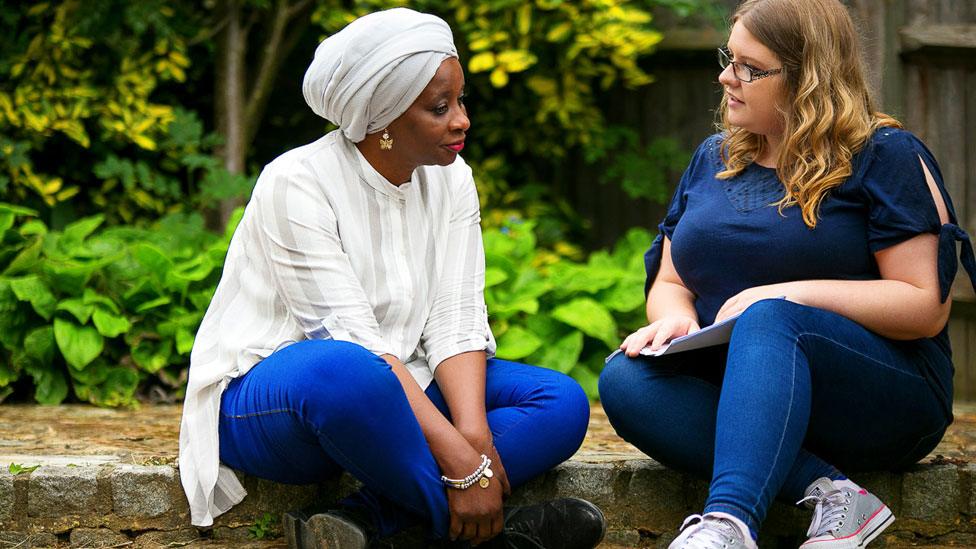
- Published8 August 2018
